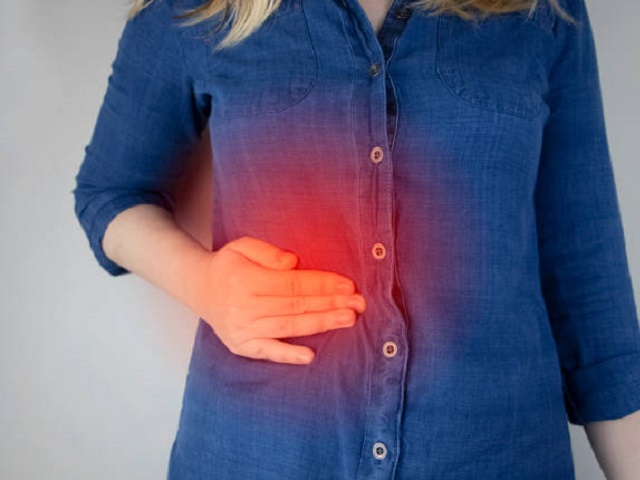5 Signs You May Have Gallstones -- Symptoms, Causes, Effects, Treatment and Prevention
Gallstones are hardened deposits that form in the gallbladder, a small organ located below the liver. They can vary in size and composition and can lead to various symptoms and complications.
Symptoms of Gallstones
Gallstones may not cause any symptoms in some cases, but when they do, the symptoms can include:
- Abdominal pain: Intense pain in the upper abdomen or right side that may radiate to the back or shoulder blades, often occurring after meals.
- Nausea and vomiting: Feelings of nausea and episodes of vomiting.
- Jaundice: Yellowing of the skin and eyes due to obstruction of the bile ducts by gallstones.
- Indigestion: Bloating, gas, and discomfort in the digestive system.
- Changes in bowel movements: Unusual stool color, such as clay-colored or light-colored stools, and dark urine.
Diagnosis of Gallstones
To diagnose gallstones, healthcare providers may use the following approaches:
- Medical history and physical examination: Evaluation of symptoms and medical history, including risk factors and family history.
- Ultrasound: The most common imaging test used to visualize the gallbladder and detect the presence of gallstones.
- Blood tests: Analysis of liver function tests and bilirubin levels to assess liver and bile duct function.
- CT scan or MRI: These imaging techniques may be used to get a more detailed view of the gallbladder and surrounding structures.
Causes of Gallstones
The exact causes of gallstone formation are not fully understood, but certain factors may increase the risk, including:
- Excess cholesterol: High levels of cholesterol in bile can contribute to the formation of cholesterol gallstones.
- Excess bilirubin: Increased levels of bilirubin in bile can lead to the formation of pigment gallstones.
- Gallbladder motility issues: Conditions that affect the emptying of the gallbladder or slow down the movement of bile can contribute to gallstone formation.
- Obesity: Being overweight or obese increases the risk of developing gallstones.
- Certain medical conditions: Conditions such as diabetes, liver cirrhosis, and certain blood disorders can increase the risk of gallstone formation.
Effects of Gallstones
Gallstones can lead to various complications, including:
- Biliary colic: Intense pain in the upper abdomen caused by the gallstone blocking the bile ducts.
- Cholecystitis: Inflammation of the gallbladder due to the obstruction of the cystic duct by a gallstone.
- Choledocholithiasis: When gallstones move from the gallbladder and block the common bile duct, it can cause jaundice, pancreatitis, and other complications.
- Pancreatitis: Gallstones blocking the pancreatic duct can lead to inflammation of the pancreas.
- Gallbladder cancer: In rare cases, long-standing gallstones can increase the risk of developing gallbladder cancer.
Treatment and Prevention of Gallstones
Treatment and prevention options for gallstones may include:
- Watchful waiting: If gallstones are not causing symptoms, treatment may not be necessary. However, regular monitoring is important.
- Medications: Medications can be prescribed to dissolve certain types of gallstones, but they are generally less effective than surgical approaches.
- Surgical removal: The most common treatment for symptomatic gallstones is laparoscopic cholecystectomy, a minimally invasive surgery to remove the gallbladder.
- Lifestyle changes: Maintaining a healthy weight, eating a balanced diet low in fat and cholesterol, and engaging in regular physical activity can help reduce the risk of gallstone formation.
- Ursodeoxycholic acid (UDCA) therapy: This medication can be used to dissolve gallstones in certain cases.
- Endoscopic procedures: In some cases, endoscopic techniques can be used to remove gallstones or alleviate blockages without the need for surgery.
It's important to consult a healthcare professional for a proper diagnosis and personalized treatment plan for gallstones.
References:
American College of Gastroenterology. (2019). Gallstones. Retrieved from https://gi.org/topics/gallstones/
Mayo Clinic. (2021). Gallstones. Retrieved from https://www.mayoclinic.org/diseases-conditions/gallstones/symptoms-causes/syc-20354214
National Institute of Diabetes and Digestive and Kidney Diseases. (2017). Gallstones. Retrieved from https://www.niddk.nih.gov/health-information/digestive-diseases/gallstones


















